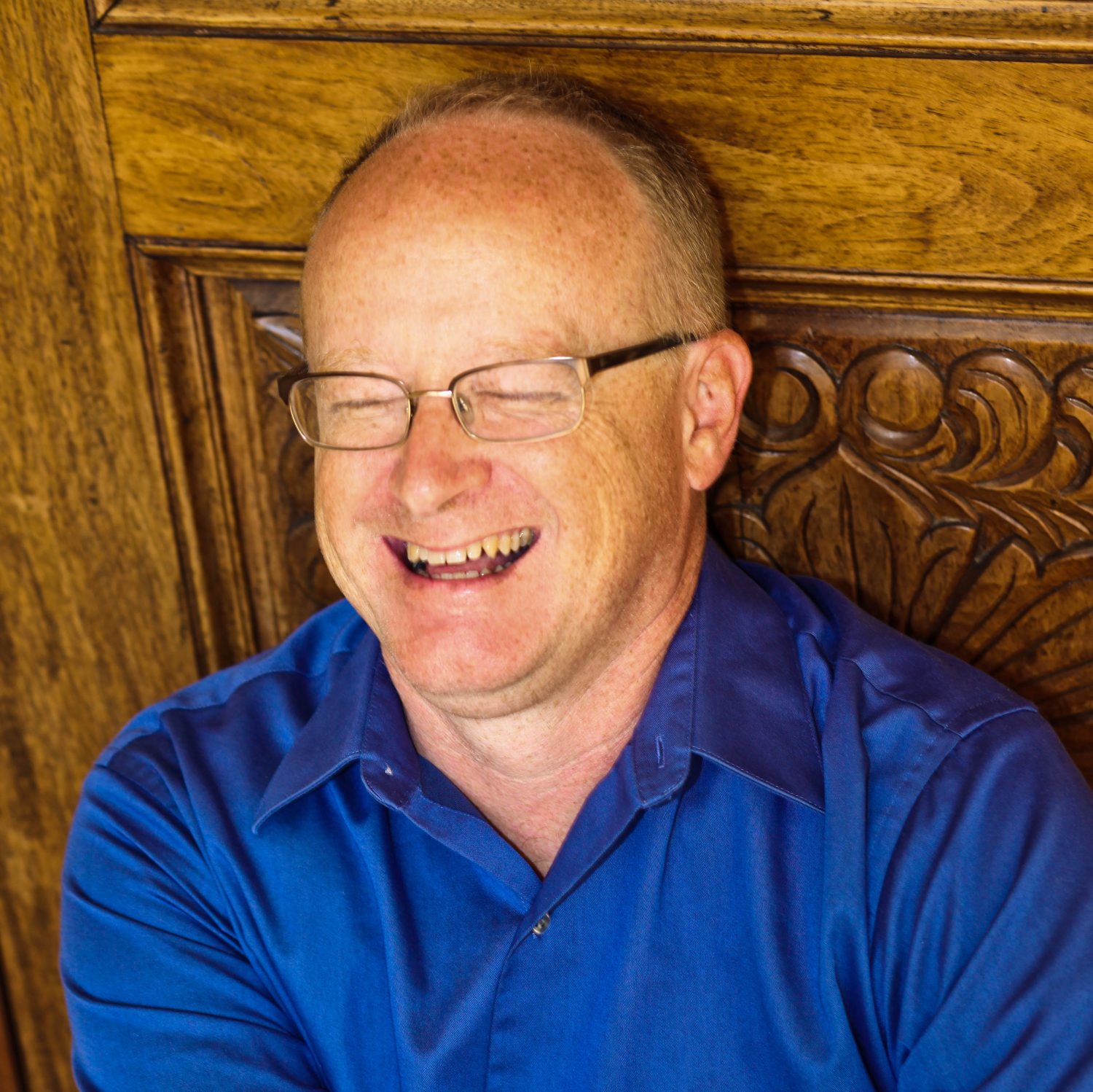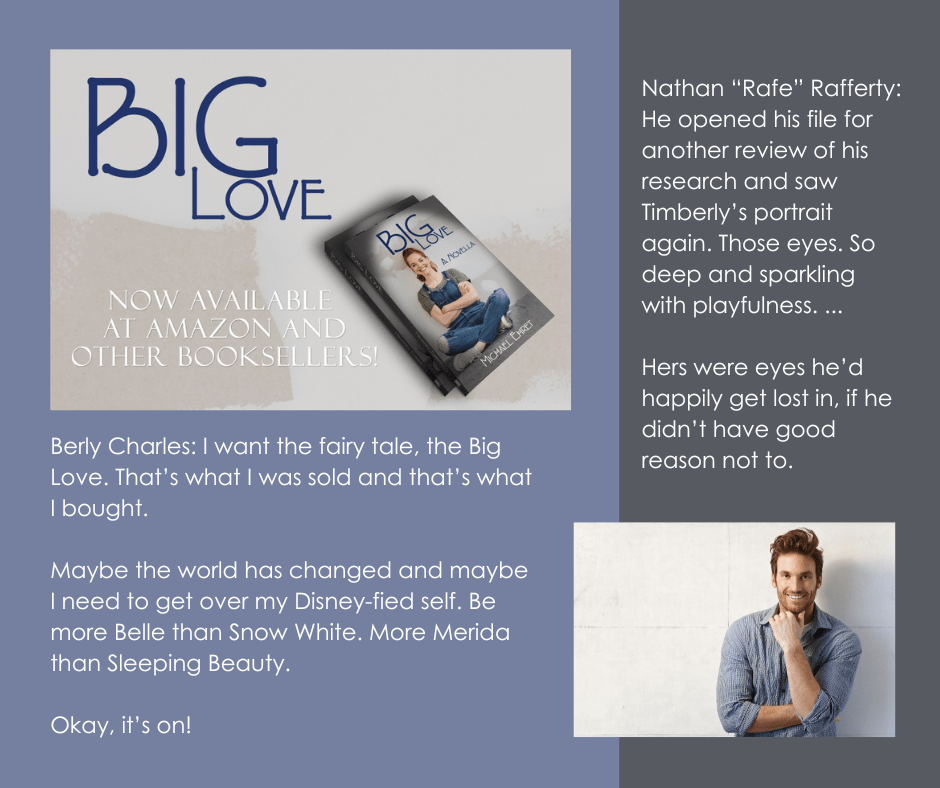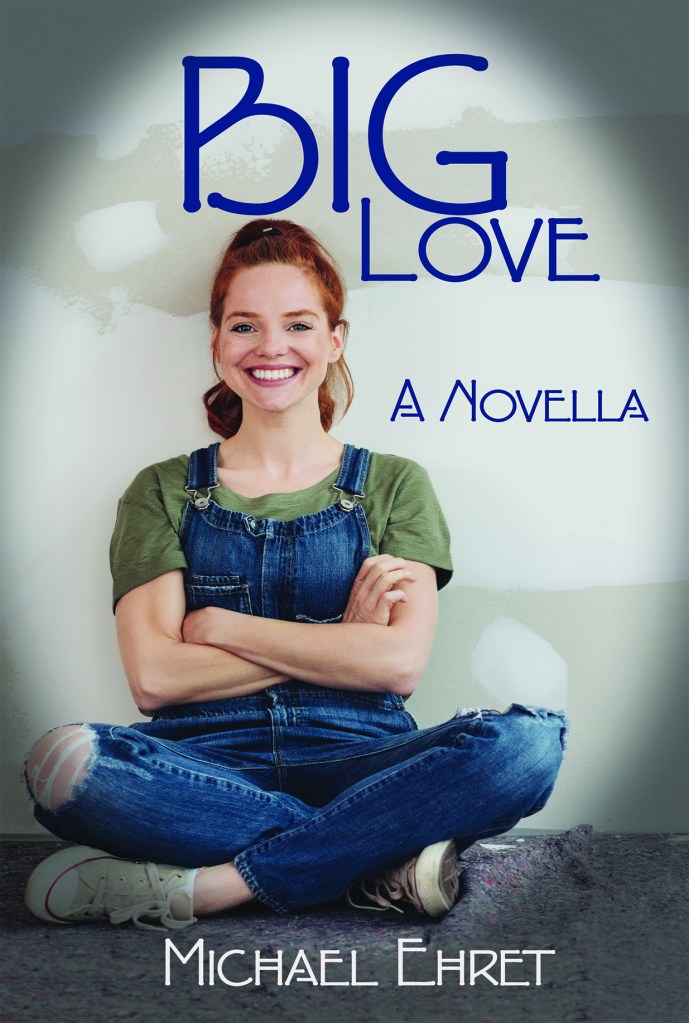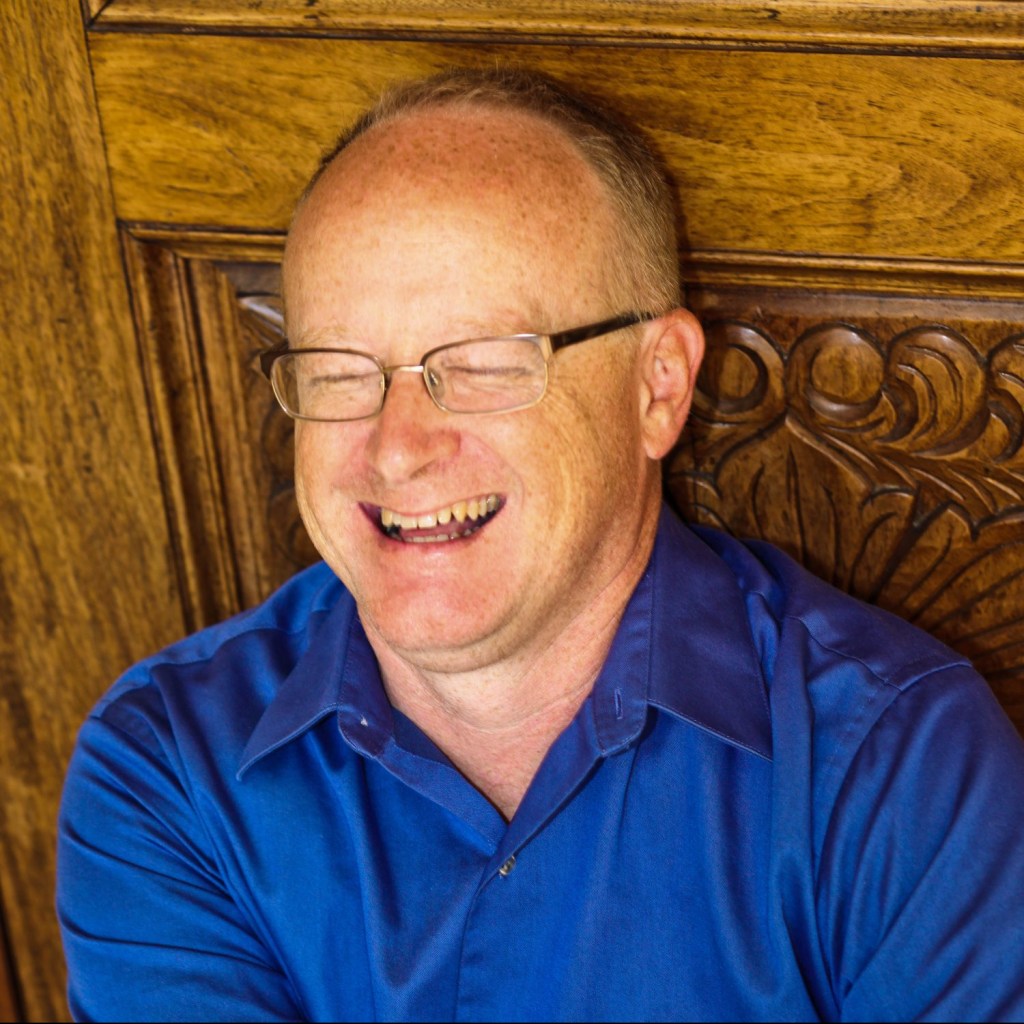Sometimes I think my idea well has run dry. The plots I dredge up are so spare they couldn’t even flesh out a flash fiction story.
Can you relate?

The Well of Ideas
Usually what this means is I need to switch from “creative” mode to “ingestion” mode—I need more raw material to draw from. Some writers can create a story idea from nothing except their own imagination.
That is not me. And if that’s not you, too, maybe this trick will help you fill your well.
Feed Me, Seymour!
Much like the carnivorous plant in “The Little Shop of Horrors,” I need constant feeding. Often I chow down on a great novel; less frequently nonfiction fills my gullet.
Maybe it’s my background as a newspaper reporter, but some of the best food for my imagination comes from the news—including quasi news sources like blogs. Because, as Mark Twain said, “Truth is stranger than fiction, but it is because Fiction is obliged to stick to possibilities; Truth isn’t.”
When I read news, online or print (broadcast doesn’t work for me), invariably I read an article that sparks an idea or two. Now, I freely admit not all of them will produce even a flash fiction piece, let alone a full-blown novel, but the important thing is I’m filling my imagination. At the appropriate time, several of the ideas will likely congeal together and produce something workable.
But I can guarantee that nothing workable will be produced if raw material isn’t imported into the processor.
Is he talking about you?

What is the cost of living together?
For instance, I read this commentary from Regis Nicoll the other day called “The High Costs of Living Together.” It included this gem:
In 1969, although the vast majority of people, 82 percent, reported having had sex before marriage by age 30, only 21 percent felt that was morally acceptable.
… Over the next 40 years, as public acceptance grew three-fold (to 63 percent) and (more) people (94 percent) admitted to having “done it,” there was far less social pressure to restrain it or keep quiet about it.
This sea change in attitudes and practices can be attributed to two things: “no-consequence” sex and a morally-compromised Church.
… With roughly 80 percent of the U.S. populace Christian and 94 percent admitting to pre-marital sex, that means that a lot of Christians—very likely the majority—are guilty of sexual sin.
Woah … right? I know a lot of people who will take offense at a study like this. But that’s what makes great fiction!
Is that giving you ideas? (Story ideas, guys, story ideas.) It sure did me. My oeuvre, the framework within which I write, includes marriage, fidelity, trust—and all the antonyms of those, of course. I took the entirety of Nicoll’s piece and fed my imagination with it. Who knows where it may lead, but now that information has been uploaded and is available. (And also stored electronically.)
Fill your well
The point is there are ideas for fiction everywhere if you open your eyes, your heart, and your mind to them. If you read something that sticks with you—good or bad—file that away in your Well of Ideas. Maybe you’ll use it, maybe you won’t. But you for sure won’t use it if you don’t have it stored away.
Obviously our world is ever in need of the transformative power of story—and of Story. What ideas have you picked up from news sources and used in your stories?
Want to play?

Screenshot from Jan. 25, 2014, FOXNews.com home page
Go to the front page of your local paper (or to the home page of CNN or Fox News or your favorite online news source) and read the main story—no cherry picking. Choose one fact or one quote or one idea from that story as your idea seed and freewrite a paragraph or two in the comments.
Here’s my example. I wrote this on Jan. 25 based on a story found on FOXNews.com. The story has changed since that day and my idea seed is no longer in it, but it’s still a good example.
My idea seed: The scene was “believed to be secure” police said in a tweet issued at about 12:36 p.m. Here’s what I came up with:
Ethan was dead. True. He’d been an effective triggerman. Also true. But there were others. Many others.
Captain White’s tweet that the mall was “secure” made Gaston—almost—laugh out loud, but he did not “LOL.“ When he laughed, and it was rare, it was real not some fake social construct. But that “out loud” part was a luxury he couldn’t allow himself right now. Later? Most definitely.
Stupid twerkers. Ethan got a few, but they’d be back prancing through the mall in their tight clothes and loose morals soon enough. It was “secure,” after all. White said so. Truth.
So not true.
And then he did chuckle—but quietly. After all, the shoppers trapped in his store from the lockdown were still shook up and hyper aware—no sense in giving them something odd to remember if the police did questioned them.
They’d soon enough embrace again the fragile cloak of security they thought protected them. True, always true.
So, if you want to play leave a comment. Or, if you want to talk about where you get your ideas from—how you fill your Well of Ideas—leave a comment.
Well image courtesy of FreeDigitalPhotos.net and cbenjasuwan.
Couple image courtesy of FreeDigitalPhotos.net and Ambro.
 Michael Ehret loves to play with words and as the editor of CHEFS Mix Blog for CHEFS Catalog he is enjoying his playground. Previous playgrounds include being the Managing Editor of the magazine ACFW Journal and the ezine Afictionado for seven years. He also plays with words as a freelance editor and has edited several nonfiction books, proofedited for Abingdon Press, worked in corporate communications, and reported for The Indianapolis Star.
Michael Ehret loves to play with words and as the editor of CHEFS Mix Blog for CHEFS Catalog he is enjoying his playground. Previous playgrounds include being the Managing Editor of the magazine ACFW Journal and the ezine Afictionado for seven years. He also plays with words as a freelance editor and has edited several nonfiction books, proofedited for Abingdon Press, worked in corporate communications, and reported for The Indianapolis Star.
Originally posted on Novel Rocket





 Sometimes the creative person participates in giving God an outlet, sometimes she doesn’t. I do not care either way. But looking and listening for these breakthrough moments when God gives the world a nudge is a fun, and ultimately rewarding, hobby.
Sometimes the creative person participates in giving God an outlet, sometimes she doesn’t. I do not care either way. But looking and listening for these breakthrough moments when God gives the world a nudge is a fun, and ultimately rewarding, hobby.




















